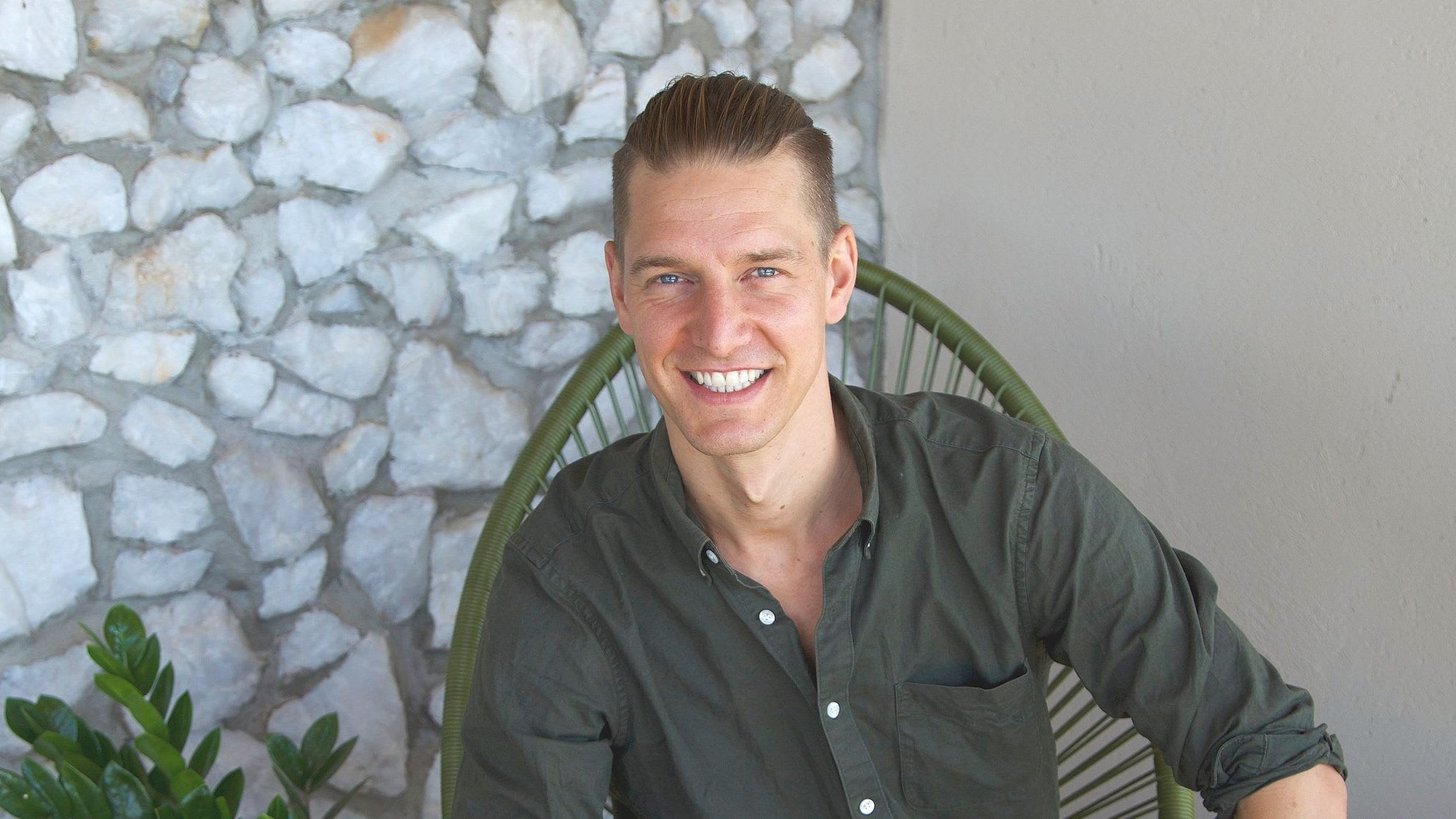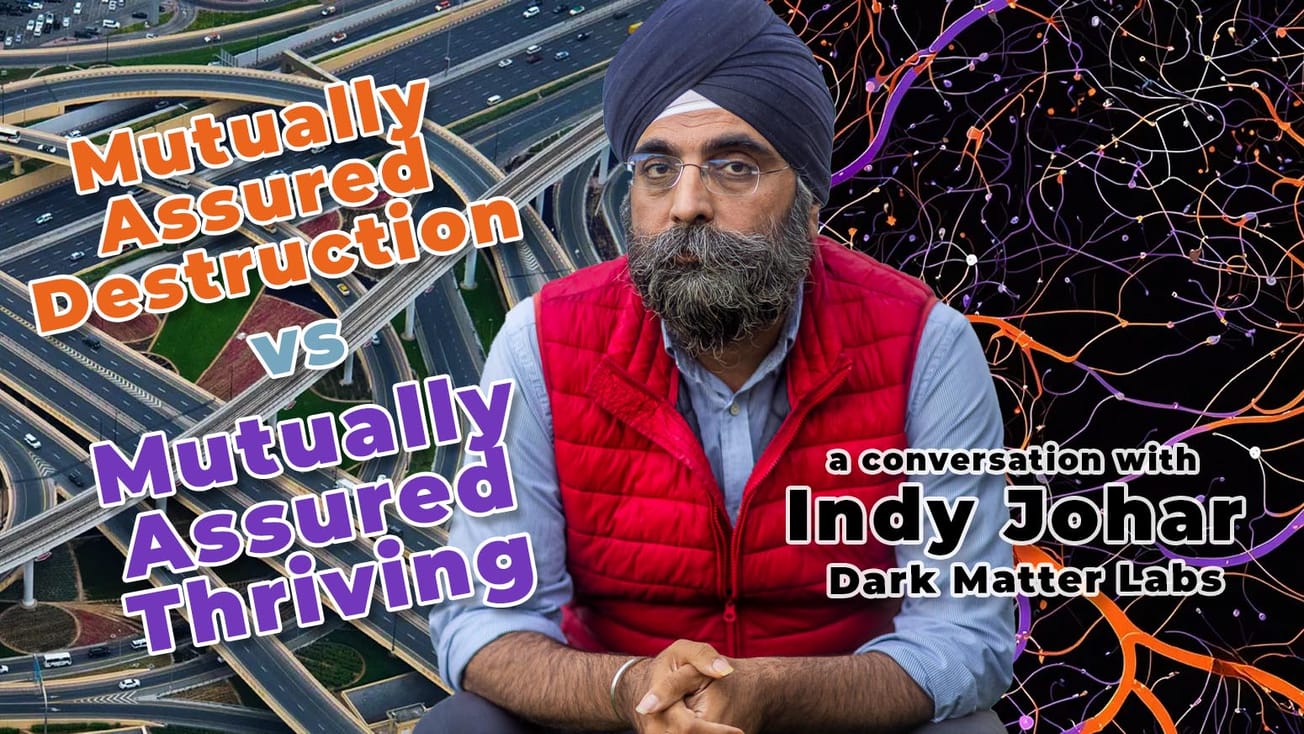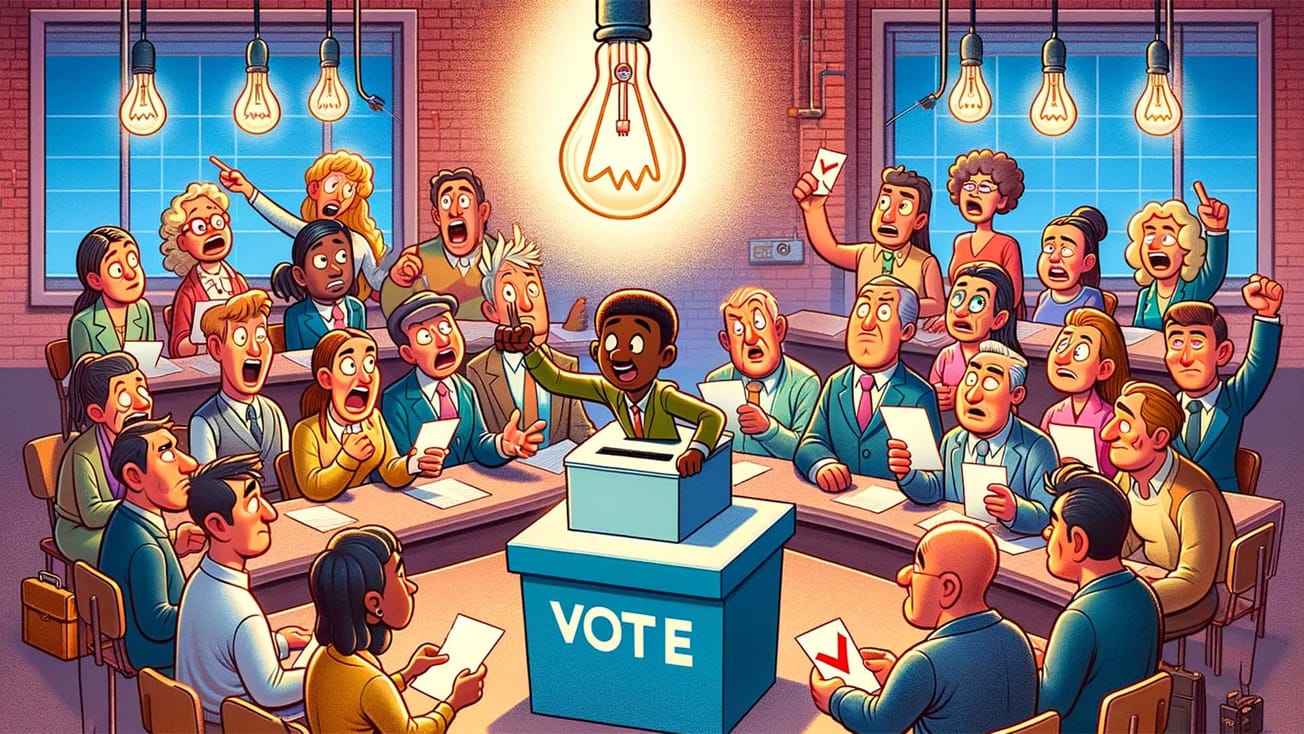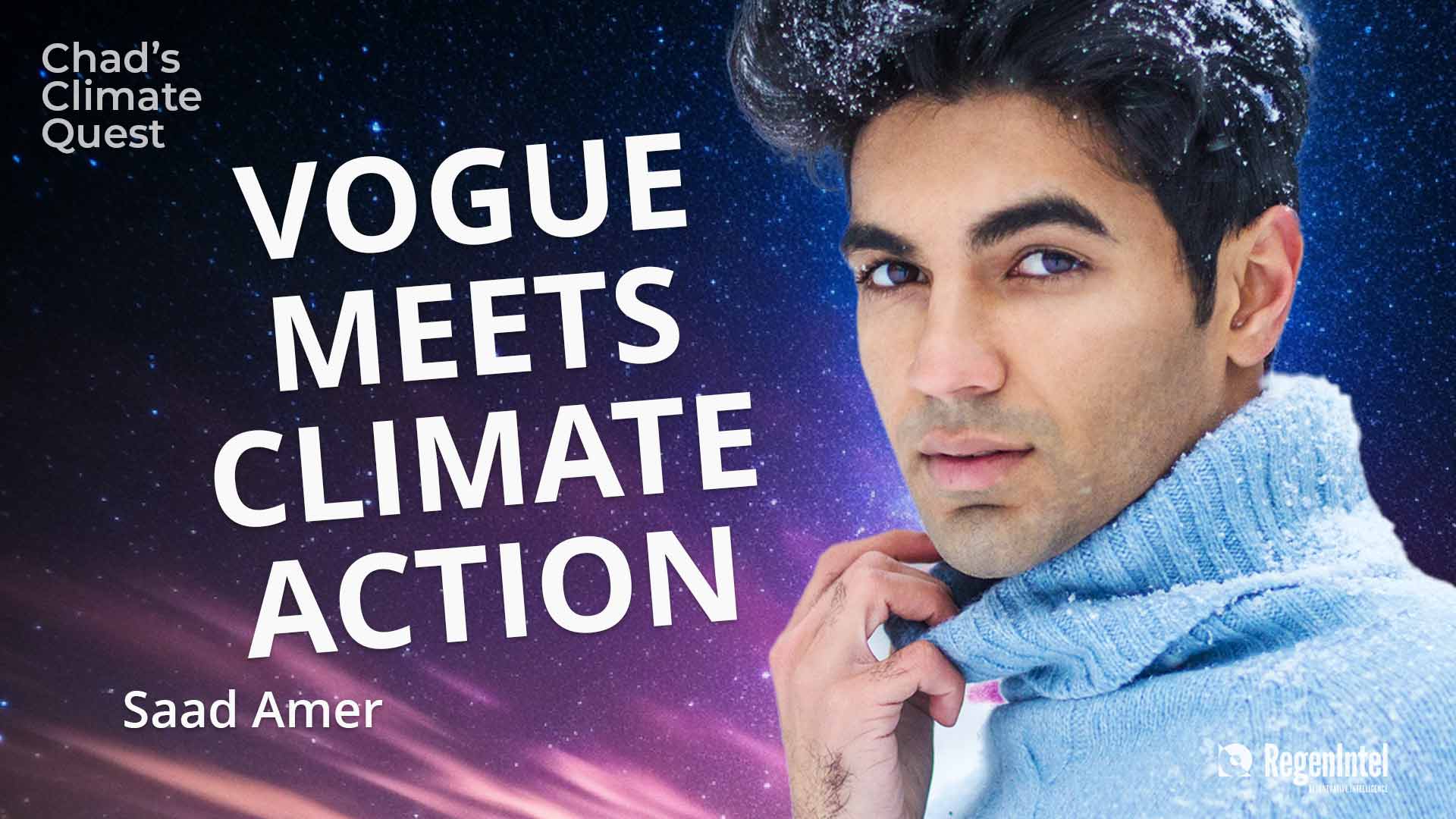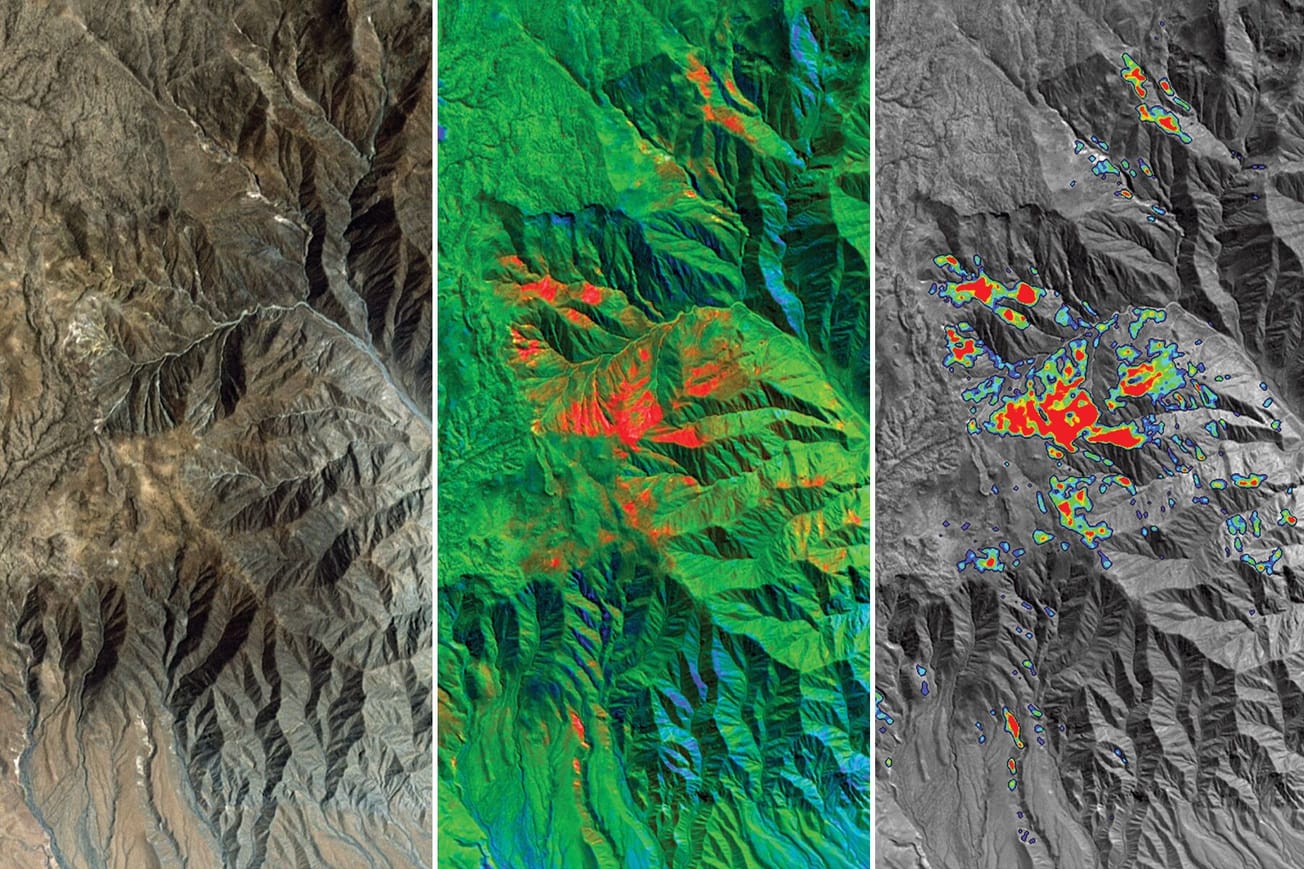This episode of the GreenPlanet BluePlanet podcast explores regenerative education with three professionals who have created brain trusts and/or started new schools based on the whole child, social emotional learning, gardening, real world projects and experienced-based learning, to name a few.
While the nascent regenerative education movement has a lot of momentum, it still has a long way to go to become mainstream. This podcast may be just in time. Guests Hope Paterson, Catherine Fraise and Phil Moore are educators and thought leaders who are designing schools for the future. Love is the key
Hope Paterson is the founder of the Hope Sparks Network + Hope Braintrust. Catherine Fraise is a former teacher who created Workspace Education, a physical learning lab in Bethel, CT, and is the founder of 100 Roads Design, specializing in virtual campuses for education. Phil Moore now “in his third rewirement” and living in the Blue Ridge Mountains, is the co-creator of the independent Upland Hills School and Upland Hills Ecological Awareness Center established in 1971 in Oxford, Michigan. He is the author of The Future of Children: Providing a Love Based Education for Every Child, published in 2017.


